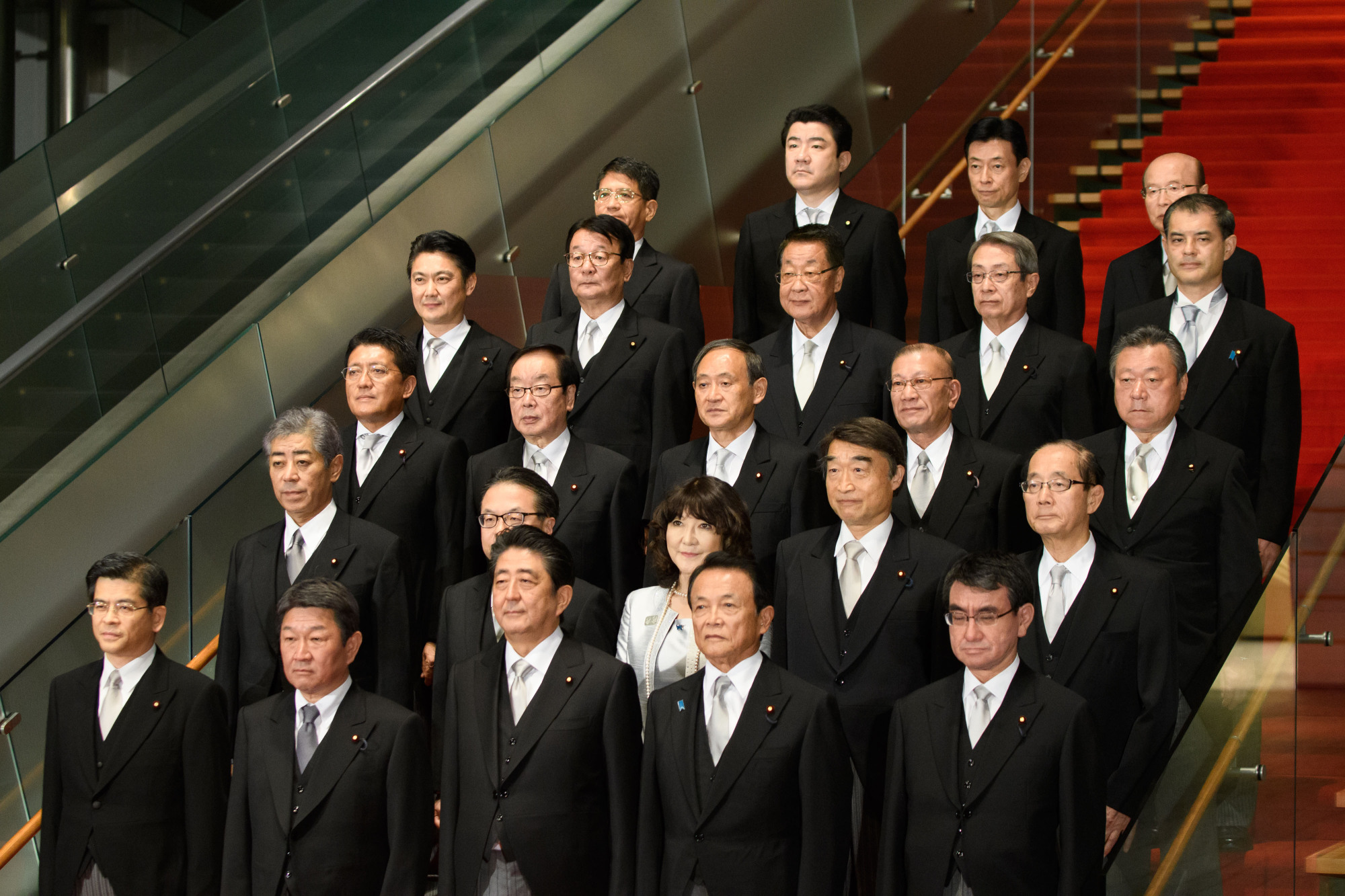Womenomics was once a significant topic of discussion for the government when Prime Minister Shinzo Abe came to power six years ago. In fact, the Abe administration declared womenomics to be one of the pillars of its growth strategies to boost the economy. These days, however, it seems as if the government would rather sweep it under the rug and turn a blind eye to what was once a top-priority issue. The latest Gender Gap report by the World Economic Forum released last month has confirmed, once again, that scant progress has been made by Japan for gender equality, but not much fuss has been made about Japan's pitiful 110th ranking. The muted reaction to this poor report card on the part of Japanese politicians and business executives is revealing. How can we fight "issue fatigue" and keep Japanese leaders cognizant of the need to advance womenomics?
International studies suggest the most formidable challenge for Japan is a lack of female leadership in both politics and business. Even though women's labor market participation has improved considerably over recent years, catching up with the majority of the developed economies, Japan still has the third highest gender gap in terms of wages among OECD members at 25.7 percent.
The income discrepancy is attributed to a scant presence of women in senior positions. Women's share of seats on the boards of listed companies, for example, stands below 4 percent in Japan, while it's over 20 percent in most European and North American countries. The government has set a target of 10 percent for female board members by 2020, but the 4 percent figure suggests their official goal is nothing more than a publicity stunt.



















With your current subscription plan you can comment on stories. However, before writing your first comment, please create a display name in the Profile section of your subscriber account page.